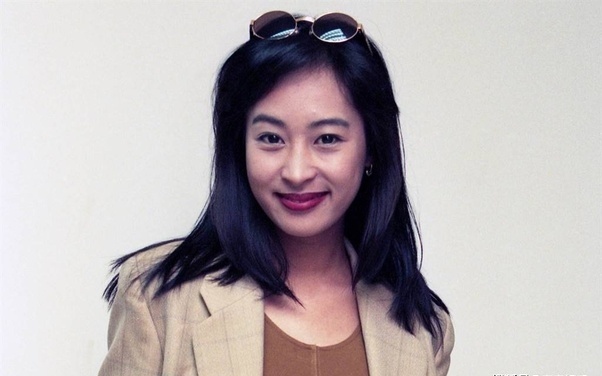No, it’s not a bad name. However, in my humble opinion, when people look at this name Huilian, or 慧莲 in Chinese, they would associate it with a Dharma name, or 法号 in Chinese, for a Buddhist nun. Since the first Chinese character, 慧, which could mean wisdom and discernment, is often seen in the Dharma names, for instance, Huike, or 慧可 in Chinese and Huineng, or 慧能 in Chinese, who were the second and the sixth patriarch of the Zen school of Buddhism, respectively.
And the second Chinese character, 莲, could refer to lotus, which could symbolise purity and spiritual awakening in Buddhism. There is a well-known Buddhist sutra, Lotus Sutra, which is also known as Sutra on the White Lotus of the True Dharma, which is written as 妙法莲华经 in Chinese. So, as you see, the combination of these two Chinese characters, 慧 and 莲 indeed gives the impression that it looks like a Dharma name.
So, I would suggest you change this name, then a new female name appears, i.e., Huixian, or 蕙娴 in Chinese. 蕙 shares the same pronunciation with 慧, and is seen in the female names, for instance, Amanda Lee, or 李蕙敏 in Chinese, an actress and singer from Hong Kong and Peng Huiheng, or 彭蕙蘅 in Chinese, a Hebei Wooden Clapper Opera singer from mainland China.
Here is a picture of Amanda Lee.

Here is a picture of Peng Huiheng.

The Chinese character 娴 could mean elegant and refined, and this could be used as a female given name, for example, Amy Cheung, or 张小娴 in Chinese, a writer from Hong Kong, and Kitty Lai, or 黎美娴 in Chinese, an actress from Hong Kong.
Here is a picture of Amy Cheung.

Here is a picture of Kitty Lai.
